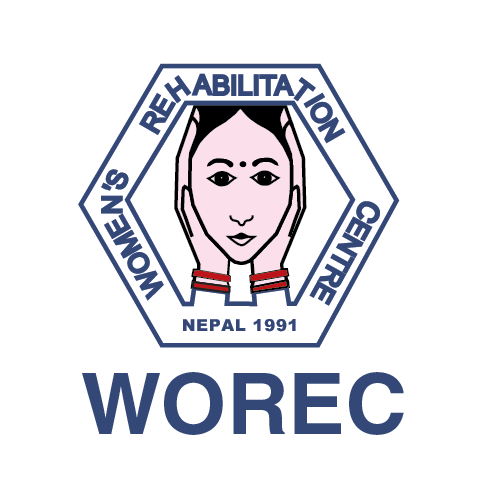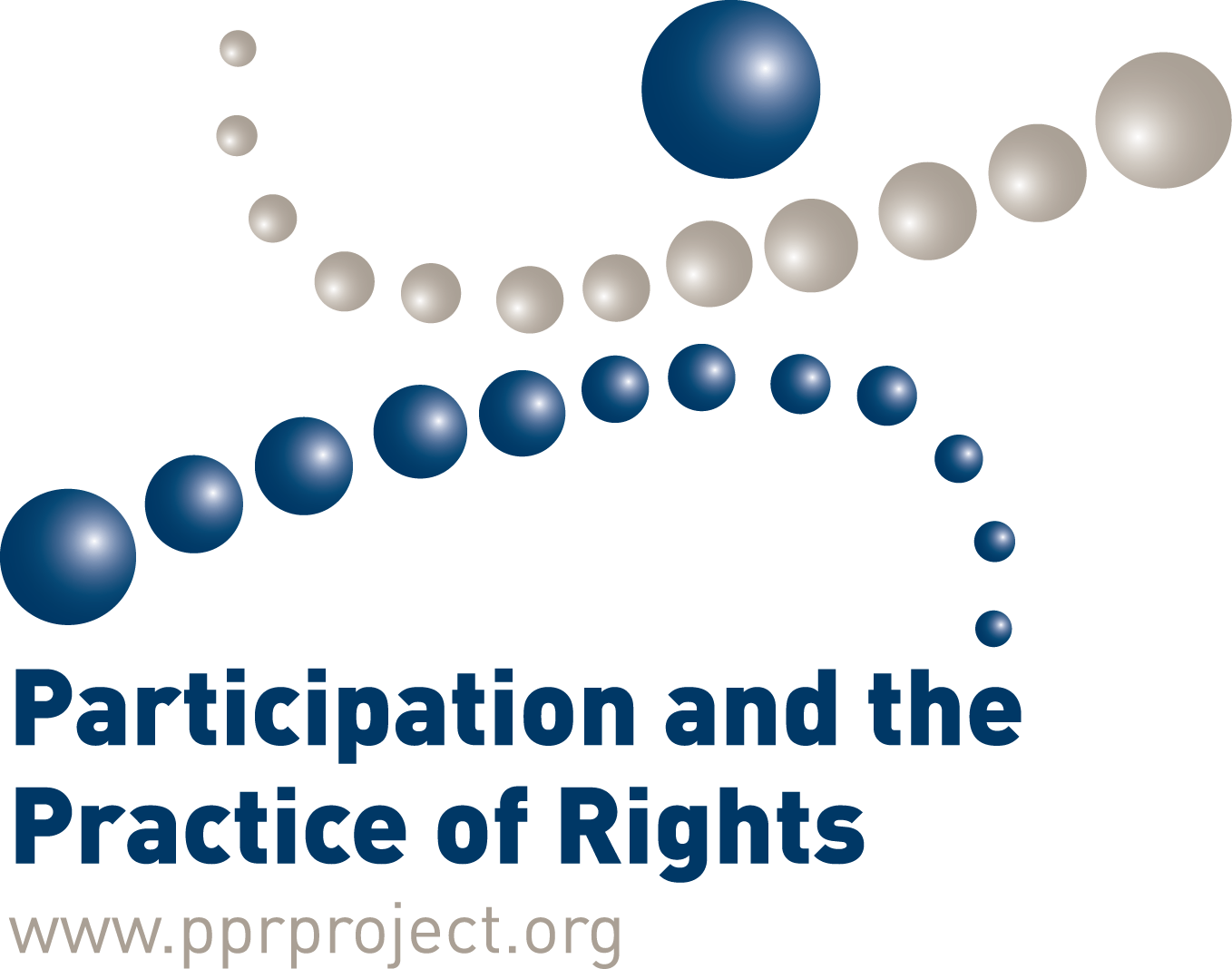Established in 2006, the Participation and the Practice of Rights (PPR) facilitates and supports the most marginalized groups to use a human rights based approach to change decision making relationships and improve the delivery of public services. PPR works on a wide range of social and economic rights campaigns including; the right to housing, access to mental health services, access to education, the right to work and social security, and urban regeneration initiatives. They provide organizing, policy, and strategic support to affected groups of people impacted by social and economic inequality in order to build effective participatory campaigns for concrete and sustainable change.
A core element of PPR’s approach is holding the state accountable for its obligations through the development of grassroots indicators and benchmarks to measure progressive realization. Their results demonstrate that people in the most deprived communities have valuable expertise about the problems they face and how these problems can be remedied. PPR aims to harness this expertise to make the government decision making processes that exclude these communities more participative and accountable. PPR’s work shows that this approach leads to better outcomes, long-lasting change, and has the potential for widespread replication.


